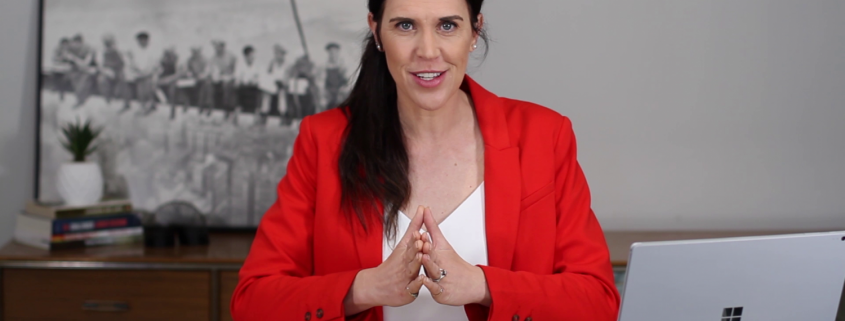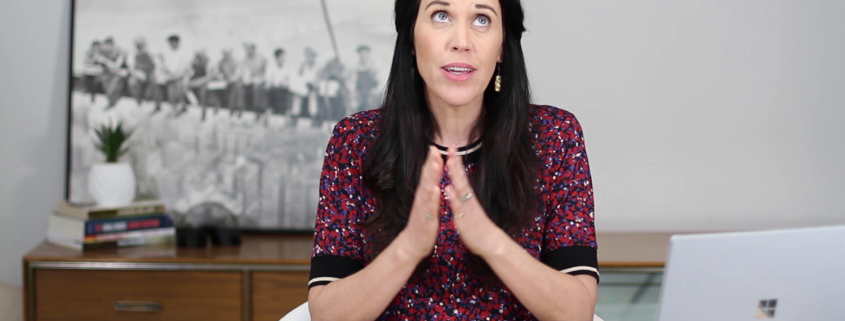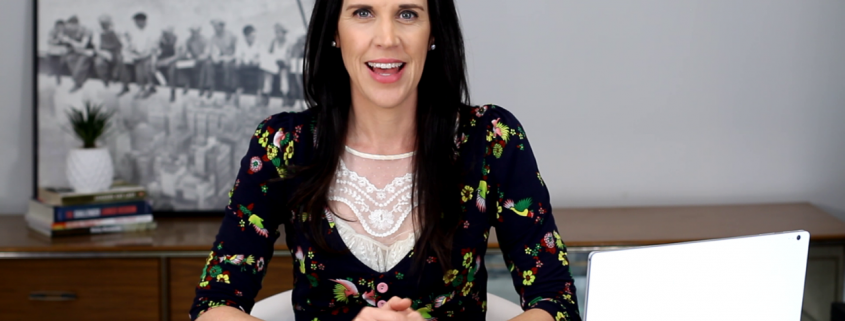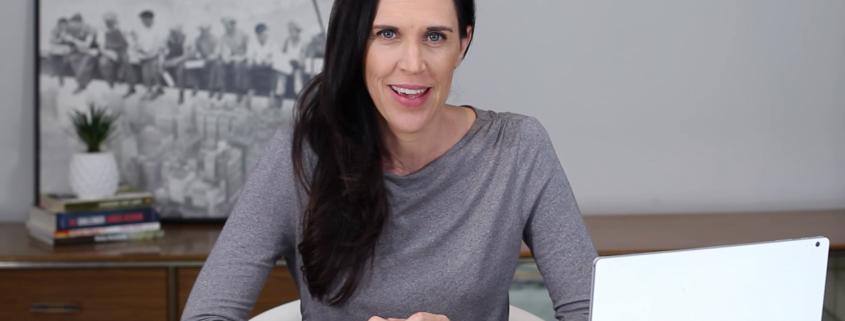Most organisations after a tragedy will focus on updating the safety management system, but there will be a point when the system looks good on paper, but the board will still be at risk of influencing adverse events if members don’t understand what creating safety really involves, and their role in it. In this video I outline some key principles that should be in any board members’ professional development in safety leadership and governance.
The coroner’s report into the Dreamworld tragedy highlights significant gaps in the competency of workers and technical experts, but nothing on the competency of the board. In Part 1 of this 2-part series I look at the coroner’s comments of a careless and negligent board and dive into whether the board was actually careless or was it more a lack of competency in safety leadership and governance?
In this video I’m exploring the cost of employees’ perception of unfairness on their physical and mental health and I outline three tips where board members have an opportunity to contribute to improving the perception of fairness in the workplace.
This week I’m exploring the Costa Concordia case and a common misconception that prevents us from really understanding safety.
Research suggests gratitude is an even stronger motivator to give than the feeling of indebtedness / obligation – so how does this relate to safety and business performance?





